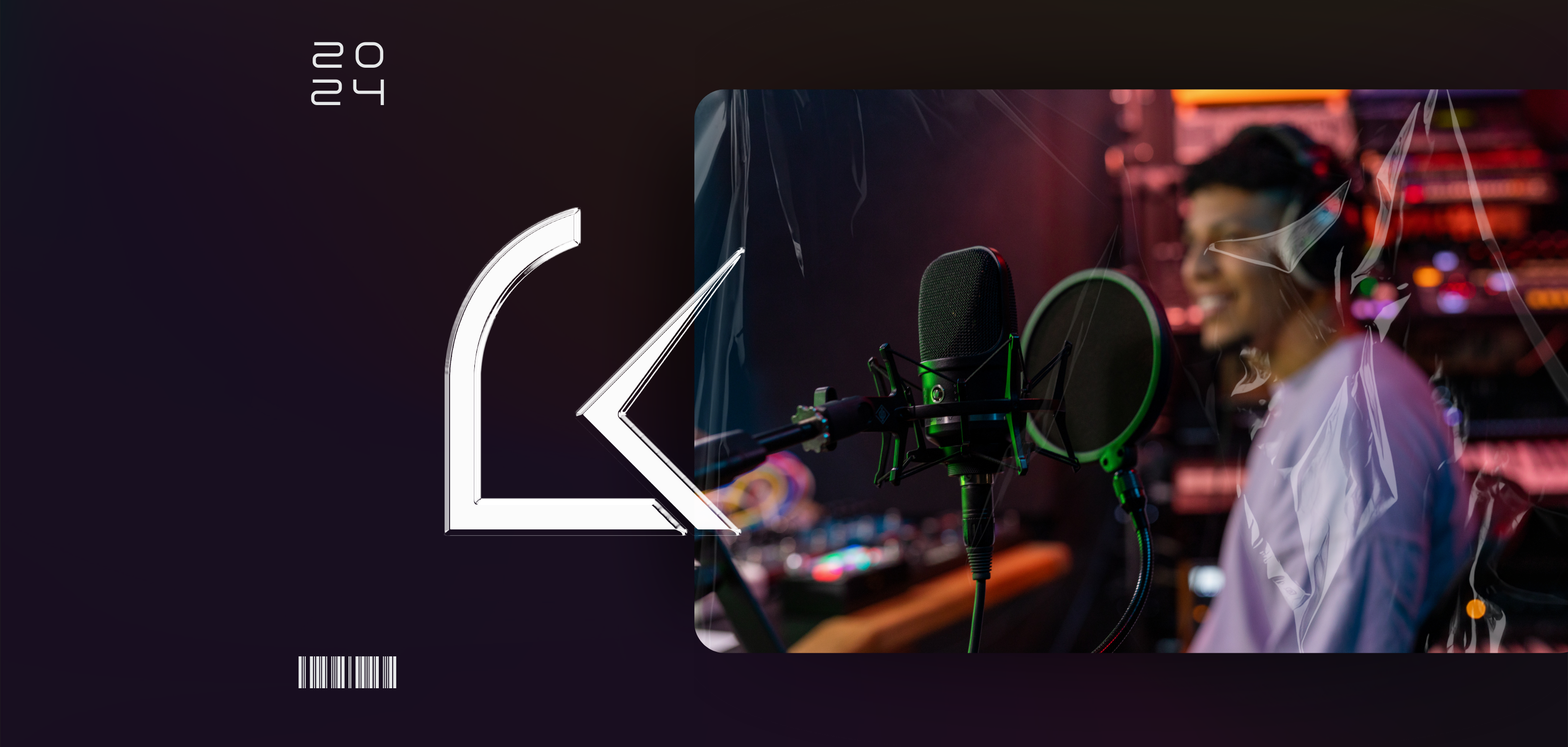
Ever wondered how some songs come to life and become instant hits, even when the artist seems to always be on tour or juggling countless other projects? Behind many of these successes lies the work of a producer who prefers to stay out of the spotlight but whose contribution is essential to the music industry: the ghost producer. For example, Maarten Vorwerk is often mentioned as one of the most renowned names behind popular electronic music tracks. Although he works as a co-producer on many projects, he frequently receives recognition for his technical and creative work.
This term may sound mysterious, but it’s actually very common in the music market. Ghost production allows artists to release incredible tracks without necessarily being involved in all the technical details. More than just a “secret,” it’s a fundamental cog that keeps the industry thriving with quality and innovation.
In practice, ghost production happens when a music producer creates a track that is officially released under someone else’s name—usually DJs, artists, or influencers in the music industry. Working behind the scenes, the ghost producer takes care of every detail: composing melodies, adjusting arrangements, designing sounds, and finalizing the mix and master. For example, some producers excel at adapting tracks to meet market demands—whether it’s remixes that dominate parties or hits tailored for global playlists. This level of collaboration ensures that artists can maintain a constant presence in the market while delivering top-quality music.
For the producer, this partnership is a highly strategic exchange. Working on multiple projects challenges their creativity and helps them grow. They develop practical skills to meet market demands, such as adapting to trending genres or fulfilling specific briefs, all while accumulating experience that enhances their technique and strategy. Regularly producing for different artists accelerates their learning curve, turning each project into an intensive lesson packed with valuable insights.
For the artist, this collaboration is a way to amplify their impact without compromising the essence of their art. With more time to focus on shows, fans, and creative ideas, the artist can ensure that every track matches the quality and style their audience loves. Partnering with behind-the-scenes specialists means having music that meets industry standards. Moreover, these tracks reflect the artist’s unique identity, fostering a deeper connection with their audience and strengthening their position in the music scene.
To me, ghost production is just one piece of a much larger puzzle in the music industry. It’s fascinating to see how it balances creativity and strategy, connecting ghost producers and artists in collaborations that elevate the market’s standards. The ghost production market emerges as a strategic solution, helping these professionals maintain their creative presence and deliver high-quality work, even with demanding schedules.
Understanding the challenges and opportunities in this market involves both those who create behind the scenes and those who shine on stage. This duality shows that ghost production teaches us about collaboration, resilience, and the complexity of relationships in the music industry. And you, what else do you think we can discover about it?
